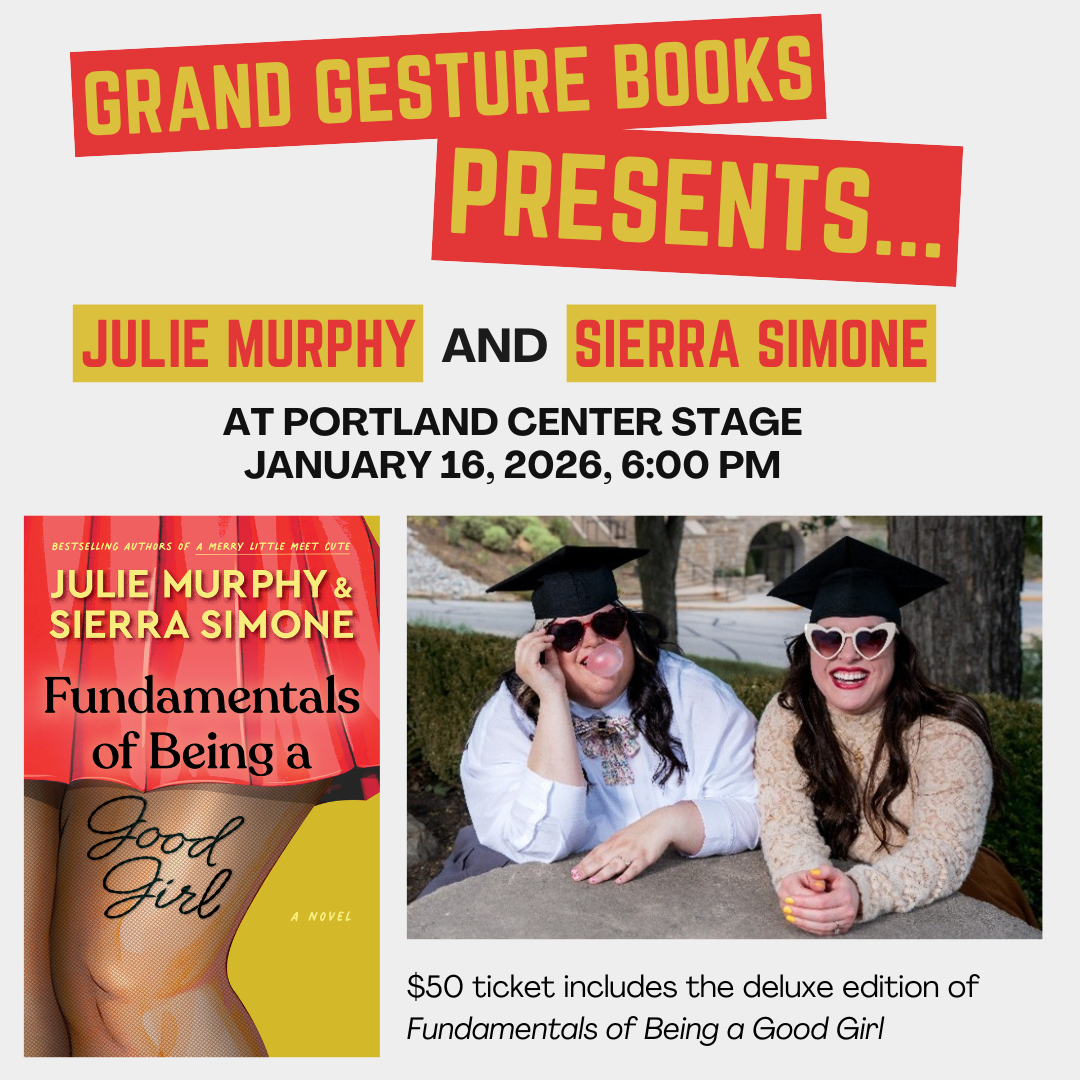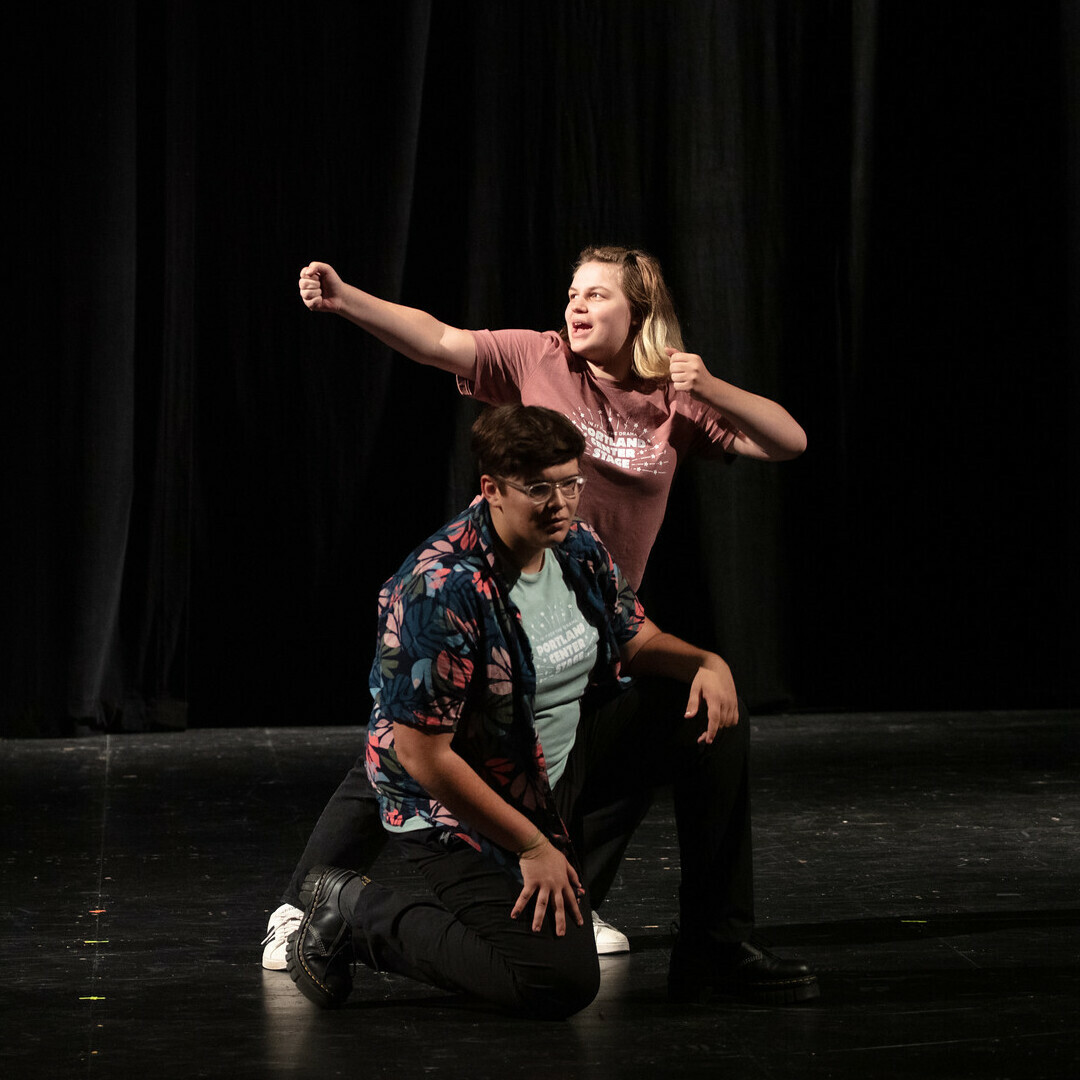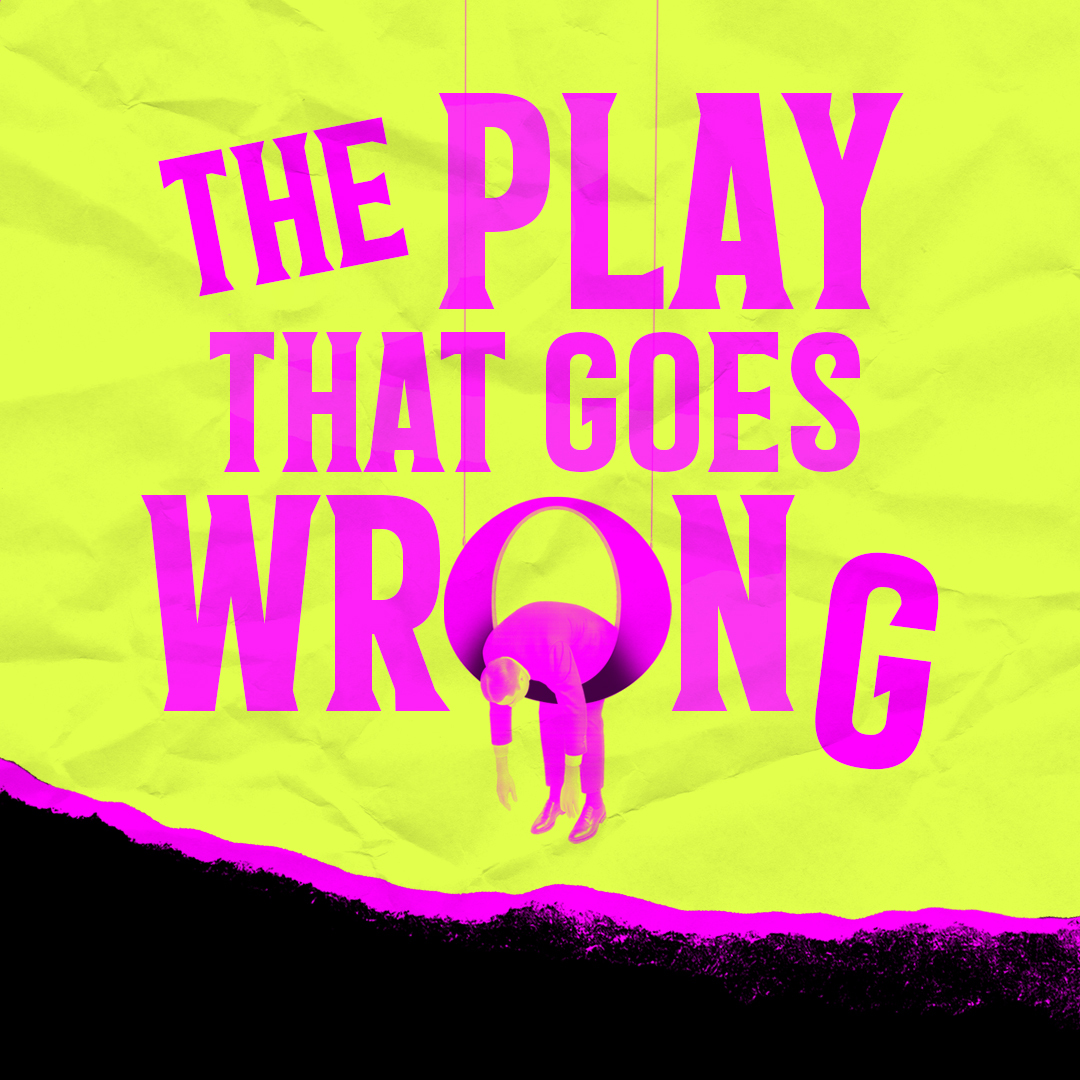#MaskOutHate Exhibit
Hatred is only one byproduct of the structures that reinforce racism. #MaskOutHate is a community-centered project that asks the question: “In the midst of a pandemic, how can masks be leveraged as anti-racist messaging tools for BIPOC folks most impacted by profiling and racist violence?” We are a group of artists and designers seeking to empower the voices and businesses of communities of color in finding the answer.
#MaskOutHate is an ongoing series of virtual workshops in which BIPOC folks come together to brainstorm mask designs that respond to the increased racism experienced by our communities during the current pandemic and protests.
Through these workshops, we are creating income generating opportunities for Artists and Designers to facilitate workshop sessions, translating the ideas generated by community participants into finished graphics, Fabrication partners to make masks, and Sellers to distribute masks.
Mind-Body Practice Facilitator

Kulsoom is a Chinese Medicine practitioner whose work centers around facilitating integration of the body, mind, and soul. She collaborates with #MaskOutHate as a mind-body practices guide, and shares a common desire with our artist and designer collaborators to create safe, empowering space for folks to harness dialogue and creativity as a means of self expression and catharsis. The tools she uses are based in a belief that we can feel grounded and secure through understanding the nature of our minds and bodies, and giving ourselves the care and attention our souls crave.
In her work, Kulsoom has found that BIPOC communities in the United States are underrepresented as both practitioners and recipients of Chinese Medicine. Having personally experienced the benefits of conscious movement and breathwork in her own journey of healing and self discovery, she is gifted in helping community workshop participants find a brief reprieve from the chaos of the world. She contributes mindfulness practices which can be taken into daily life for continued support, helping to create more self-awareness around the experience of masking so that folks can free themselves from any associated feelings of anxiety or fear.
Kulsoom practices and teaches Qi Gong in Salem, Oregon. You can learn more about her offerings, including remote health and wellness coaching sessions, at yinspring.com.
Artists
Cleo Davis & Kayin Talton Davis

Cleo Davis, current Artist in Residence at the City of Portand Archives, co-Artist of the Historic Black Williams Art Project and the Alberta Street Black Heritage markers, combines disciplines of cultural and creative arts while utilizing design, historic preservation, economic development and city policy. Davis' work takes a critical view of social, political and cultural issues, reproducing familiar visual signs, arranging them into new conceptually layered pieces, while advocating for tools of economic growth and policy change. Most recently, Cleo orchestrated moving a historic house in order to create a BlackAfro-American cornerstone of creative genius that promotes art, research, and imagination. buildingcornerstones.org

Creator and innovator, Kayin Talton Davis' work centers around her passion for fusing art grounded in Black heritage and culture with graphic design, mechanical engineering, community building and education. Known for her vibrant color palettes and unique aesthetic, Talton Davis founded Soapbox Theory™ in 2001, with the mission of "Cultivating Black Joy™" Kayin is a current City of Portland Archives Artist in Residence, and co-artist of the Historic Black Williams Art Project and the Alberta Street Black Heritage Markers. Her most recent permanent public installation, "We've Been Here" - highlighting Oregon Black women in the early 1900s, is located in the Portland Building. @soapboxtheory, soapboxtheory.com
WORKSHOP NOTES
Kayin and Cleo explored Black Identity, Power, and Joy with workshop participants in partnership with Multnomah County Library (MCL) on September 30th, 2020. MCL's vision is to empower our community to learn and create. This workshop was made possible by the library's Black Cultural Advocates, a team of library staff who create culturally relevant programs and connect Black patrons with the library. @multnomahcountylibrary
WORKSHOP FEEDBACK
What did you enjoy most about this event?
- Friends
- Art work
- Exploring the connotations of specific colors
- Everything
Mohammed Murshed

My name is Mohammed Murshed; I was born in Taiz and raised in Sana'a, Yemen. While living with my parents and my little brother, the community was lively and full of friends and neighbors. Unfortunately, many died due to the war, especially the devastating war in 2015 with the Saudi-led coalition. I moved to the United States during the Arab Spring and saw many of my friends vanish. I consider myself one of the lucky ones able to escape war before it was too late for me.
I work with paint, sculpture, textile, video, sound, programming for art, and video games. I am interested in challenging myself and in trying things that I haven't done before. In my art, I aspire to bring awareness to Yemen's issues and unpack my trauma layers. @mnmurshed, mnmurshed.com, YouTube
WORKSHOP NOTES
Sarah Farahat (see below) and Mohammed led a collaborative design conversation around topics and issues faced by Middle Eastern, North African, and South Asian (MENASA) communities in partnership with the MENASA initiative on November 16, 2020. The MENASA Initiative is a Cultural Resource Center program with the goal of creating a center to support the MENASA student community at PSU. @menasa_initiative
Sarah Farahat

Sarah Farahat is a transdisciplinary Egyptian American artist, activist and educator dreaming of a more collective future amongst the rubble of capitalist empires. For the past twelve years she has organized her life around questions of identity, assimilation, grief, socio-political struggle, collective liberation and self-determination. She loves learning through stories, plants, music, food traditions and healing arts. Her work lives in protests, archives, non-profit, public and digital spaces and in the permanent collection of the Poor People's Campaign, The Arab American Museum Library, The Palestine Poster Project, and the Center for Political Graphics. She is a member of the Just Seeds Artists' Cooperative and teaches children in her community as well as at Pacific Northwest College of Art. @ankhinkh, sarahfarahat.com, justseeds.org/artist/sarahfarahat
"I think that [the #MaskOutHate] project asks an important and timely question. How can we make public space a safer environment for all people? Can art help us to better see one another as humans? How has a pandemic fueled uprising ignited the way we walk through public space in a city with a track record of racialized violence? Can a well designed mask empower and embolden the people in our communities that have historically been racially or ethnically profiled? — Sarah Farahat, Artist
WORKSHOP NOTES
Sarah and Mohammed Murshed (see above) led a collaborative design conversation around topics and issues faced by Middle Eastern, North African, and South Asian (MENASA) communities in partnership with the MENASA initiative on November 16, 2020. The MENASA Initiative is a Cultural Resource Center program with the goal of creating a center to support the MENASA student community at PSU. @menasa_initiative
WORKSHOP FEEDBACK
What did you enjoy most about this event?
- “We talked about different topics and issues we all face. “
- “The collaborative discussion regarding the design. Also, I felt everyone coming for a common cause and it helped to focus the work time (despite the variety of suggestions of how to reach that cause/goal).”
- “Learning about different mask designs, and looking at cultural masks.”
Brenda Madrigal

Brenda is a multidisciplinary designer living in Portland Oregon, focusing on branding, illustration, and animation. Her playful practices and contemporary design taste are driven by her love of the creative process, vibrant colors use, and storytelling. She received her Bachelor of Arts from Portland State University. brendamadrigal.com
WORKSHOP NOTES
Sol Cejas (see below) and Brenda created a space of connection for the Latinx community to share their stories and get creative on October 29th, 2020 in partnership withMultnomah County Library (MCL). MCL's vision is to empower our community to learn and create. This workshop was made possible by the library's bilingual Spanish librarians who work to help Spanish speaking immigrant and refugee communities succeed in the United States. @multnomahcountylibrary
Sol Cejas

Hola! I am Sol. I was born and raised in Buenos Aires, Argentina. Currently living in the beautiful city of Portland, OR. I am passionate about creating multi-sensorial experiences beyond the boundaries of perception in every way. From fashion design to installation art, my goal is for the viewer to experience my work beyond just the visual form. Connecting ideas with sculptural elements and lighting allows me to tell a story, a story that evokes an ultimate spatial experience.
My grandparents immigrated from Spain to Buenos Aires, and when I was 19, I packed a bag and came to the US on my own. For ten years, I worked as an interpreter assisting undocumented families and as a paraeducator. Last year I started a graphic design enrichment class at a private school for underprivileged children. I always felt a connection for those who leave everything behind them in pursuit of a better life. Now more than ever, I want to help make a stand with design, using expression against oppression in any way I can.
WORKSHOP NOTES
Sol and Brenda Madrigal (see above) created a space of connection for the Latinx community to share their stories and get creative on October 29th, 2020 in partnership withMultnomah County Library (MCL). MCL's vision is to empower our community to learn and create. This workshop was made possible by the library's bilingual Spanish librarians who work to help Spanish speaking immigrant and refugee communities succeed in the United States. @multnomahcountylibrary
WORKSHOP FEEDBACK
What did you enjoy most about this event? / ¿Qué es lo que más disfrutó de este evento?
- “Que es un grupo Latino donde podemos compartir nuestra cultura” / “A Latino group where we can share our culture”
- “I loved being able to connect with my community in such a creative way.”
- “Connecting to others from similar backgrounds during these times when we can't get together due to social distancing.”
Wendi YuLing

Wendi YuLing [Anderson] (she/her) is a self-taught artist and activist of Filipino, Chinese, Scottish, and Dutch descent. She was born to a mother from Washington state and a father from Wai'anae, Hawai'i. Her home base is Portland, Oregon. Wendi's work is sometimes collaborative, often ephemeral, and typically incognito. Costume, performance, and ritual grant access to hidden spaces, give shape to the intangible, and bid us take notice of significance. Painting and illustration are conduits for the energy of social movements. All create entry points into dialogue and discovery. @wanderingwonton, wanderingwonton.me
WORKSHOP NOTES
Wendi facilitated dialogue around cultural experience and perception at our very first MaskOutHate workshop on August 12th, 2020 in partnership with the Asian Pacific American Network of Oregon (APANO) as part of their Resilience Series. The Resilience Series is a BIPOC (Black, Indigenous, People of Color) only space that embraces a collaborative, non-hierarchical learning model with topics ranging from "Resilience and Healing through Abolitionist Practice" to "Resilience of Rest" and "Resilience of Chosen Family." @apanonews
WORKSHOP FEEDBACK
- "I participated in today's #MaskOutHate session and want to thank you all so much for hosting such a great meeting. I really have been wondering what I could do to help create a mask that speaks power to the racial tensions we are seeing as a nation. This is (I hope...) an important turning point in our history. Community members coming together to stamp out hate is how we move one step closer to a world founded on love."
Fabrication Process Photos
Sourcing and Fabrication: Our masks are made from 100% certified organic cotton for comfort, breathability, and because we know that caring for our planet also helps us to care for our communities.
Printing was done locally in the Pacific Northwest by Lamb & Lion Ink, a family run business. Their direct-to-garment printing technology allowed us to do custom printed designs with no color limitations or minimum orders. The personal care and attention they brought along the way was a huge asset to our creative community. @lambandlionink
Get Sushi Designs worked with us to assemble and sew masks. Get Sushi is a Portland based apparel and accessory design studio offering consultation and development services. We were introduced to them through MESO early in the project, and their personal support was as meaningful to our process as their fabrication. @getsushidesigns
Founders

Sophia is an Architect with nearly a decade of experience strengthening community and culture through design activism. She enjoys finding the strengths in others and bringing their experience and voice into a robust process of co-creation.
Sophia's work as a spatial designer spans art, media, and Architecture, producing art and architecture which are not objects to be looked at, but experiences to be seen or lived through. In her immersive installations, she allows people to impact the places they occupy, while shifting the way those occupied conditions are perceived.

Karim is an interdisciplinary, values-driven designer committed to supporting civic engagement and creating a more just world in everything they do. Karim thinks and works at multiple scales--from storytelling to event coordination to urban design--always with a commitment to collaborative relationships based on trust and empathy.
Karim currently serves as board chair of Open Signal, a nonprofit community center in Portland, OR focused on amplifying the voices of communities historically underrepresented or misrepresented in broadcast media. They are a member of the Portland Architecture Lobby chapter and a Core Organizer with Design As Protest.
Special Thanks
MaskOutHate is the product of many conversations, planning sessions, and acts of kindness from collaborators in Portland and beyond. In addition to all the partners listed above, we would like to extend our gratitude to the following organizations and all the individuals whose enthusiasm fueled this project.
APANO
@apanonews
MESO (Micro Enterprise Services of Oregon)
@mesopdx
“MESO (Micro Enterprise Services of Oregon) is excited to participate in the new initiative #MaskOutHate. Their vision of driving social and economic justice in Black communities and communities of color through income-generating opportunities aligns with MESO's goal to support our local underserved small businesses with economic opportunities.” — Nita Shah, Executive Director, MESO
Multnomah County Library
@multnomahcountylibrary
PSU MENASA Initiative
@menasa_initiative
N’Kossi
@nkossi_boutiquedafrique
Seed2Shirt
@seed2shirt
Admerasia
@admerasia
AACCO (Arab American Cultural Center of Oregon)
@aaccopdx
Social Good Fund (Fiscal Sponsor)
Bora Architecture & Interiors
@bora_architects
Shalonda Menefee
www.empoweredsistas.com
As we encourage others to also create spaces for community-centered design and dialogue, we want to share things we learned to help others create the best spaces possible. Here are some helpful insights from workshop participants from whom we learned along the way:
- Jumping into deep discussion is hard for many people. Having multiple sessions could help build comfort. Within a single event, “association” exercises are an easy way to break into discussion. (i.e. “What do you think of when you see this color?” “What’s the first thing that comes to mind when I say ____?”). Providing an outline beforehand can also help get people thinking.
- For those who do not draw regularly, drawing and sharing can be a little scary at first. Give enough time for people to get warmed up, and help participants lower expectations around their own need to create perfect works of art in order to get creative juices flowing.
- Play music to set the tone and loosen up the room.
- Having a way for people to introduce themselves, see each other, and build trust at the beginning is important for a space to feel safe for everyone, especially online.
- Finally, there is a huge demand for these creative spaces for discussion, and the majority of our participants wanted to have longer and more frequent events, including events for kids. Two hours was not long enough.
The need is there! What ideas do you have for creative community dialogue?
Portland Center Stage is committed to identifying & interrupting instances of racism & all forms of oppression, through the principles of inclusion, diversity, equity, & accessibility (IDEA).

























